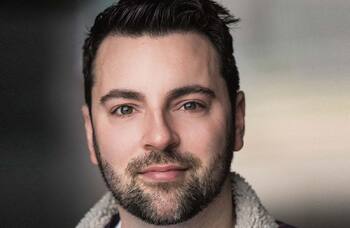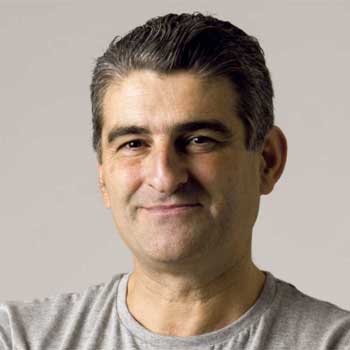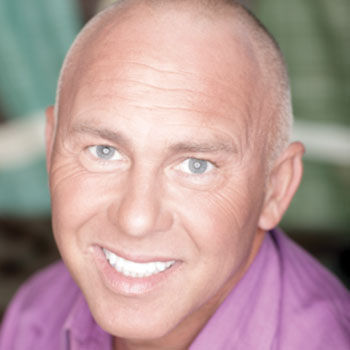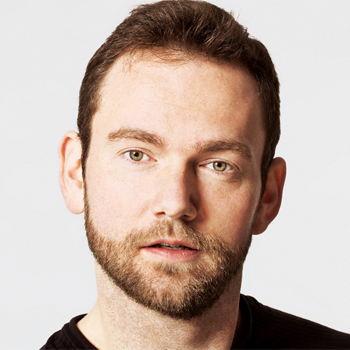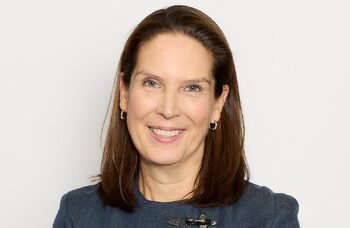What elements of the job do you wish you’d been better trained in?
Welcome to our weekly discussion forum for key issues facing those working in theatre and the performing arts
Jon The benefits of drama school when it comes to technique and practice are pretty clear, so I’m interested in hearing what you think fell through the cracks for you…
Dicky Admin. Keeping receipts. The difference between net and gross – it still confuses me after 30 years.
Jenny I’m also rubbish at taxes. I hate it so much.
John Saving money for tax. I rely on the, ‘I’m sure something will come along that will pay for it’, tactic.
Jon We all know it’s coming, and then at the end of January, we’re all: “I suddenly need a lot of money! Who could have predicted?” But in fairness, it’s harder and harder to save within the current pay structure.
Jenny I’m not sure any of these are basic elements of the job really.
Jon Some of them are hard to cover in training, too, but it’s interesting to see where we think the holes are.
John Going to see plays. I’m terrible at going out to see stuff.
Albert Mercifully my American accent, which is truly appalling, prevents me from appearing in the very dull plays of Arthur Miller.
John Another thing I need to be better at is learning my lines early. I wish I would get off my arse and learn quicker. Perhaps one day I’ll learn them before rehearsals start – fat chance. And at the other end of the process, writing down changes in a tech. I always think: ‘I’ll remember that’, and I never do.
Jon Writing things down in general. I always have to remind myself to do it. I’m either too engrossed in the scene or it’s a coffee break…
Heather I cannot for the life of me keep my script organised. By the end of week one of rehearsals it’s coffee stained, scribbled on in pen because I’ve lost my pencil and crumpled at the bottom of my bag.
Beryl Here’s one where I often have good intentions and do it once at the start of rehearsals – bringing my own lunch to work.
John Managing nerves for auditions – I’ve been doing this for 15 years and I can still turn into a stone golem in the room.
Jon Oh yes, hard same. I’m still no good at all at being chill about a job I really want. It dominates my thinking to a ridiculous extent in the run-up to and the aftermath from the casting. Of course, when I’m not that fussed about the job I’m much more relaxed and confident, so they’re the gigs I end up getting.
John Writing to people. I found an old hard drive recently with a load of draft e-mails I had never sent.
Abi Yes, I’d say my networking skills leave a lot to be desired. I really find it tricky to put myself out there – in person, over email and especially on social media. It’s really not my forte, and I’m aware that it’s something I really need to get my head around.
Albert I can’t do networking. At any party, I tend to hide in the kitchen with the people I already know, so hoiking my wares about to casting directors is just something I’m not comfortable with.
Jenny I hate it. I’m embarrassed by it and I am always amazed by people who are good at it and the ‘powers that be’ who don’t seem to notice that they are being totally and utterly played.
John One thing that doesn’t help me with networking is not remembering names. When I bump into someone, it would be so good to be able to remember the name of the person I was on tour with for eight months.
Heather Also name games. I just can’t learn under that kind of pressure.
Jenny First days are always excruciatingly embarrassing – but it’s always a shared experience of awkwardness so everyone bonds over that, I think.
Jon First weeks in general are pretty insecurity-inducing. That balance of wanting to be a voice in the room set against the worry that everyone else will be thinking: ‘Does this guy ever shut up?’
Seamus Sitting around the table talking about the play – I’m awful at it for myriad reasons, the main one being that they generally make me feel like a right thicko. I’m an instinctive performer and intellectualising the piece – especially before we’ve got it on its feet – does little for me.
Beryl I’m quite bad at motivating myself to exercise outside of a rehearsal process, I still need more discipline.
Seamus I’m also quite impatient and I just cannot get my head around the length of time it takes actors to get ready after a show or a rehearsal. That is absolutely my cross to bear, not yours.
Albert Patience for me too. The only form of patience I’m good at involves a pack of cards.
Roland On the other hand, there are some basics that it’s really important to make sure you are good at – being positive in a rehearsal room, being smiley… very smiley, and, I suppose, being supportive. It sounds strange, but it’s the one thing I think I’m good at – with crew or cast. Just making sure we’re together and occasionally happy.
Meet our panellists
We have given our panellists pen names and used stock images, but their biographies reflect their real career details
Dicky Benfield is in his 40s and has worked in the West End, at the NT, the Globe, and in theatres around the country, as well as regular TV appearances
Abi Egerman is in her 20s and has appeared at the Old Vic, the National Theatre, and in regional rep
Heather Jacobs is in her 20s and is a writer and actor who has worked extensively in both commercial and subsidised theatre across the UK, as well as on screen
Albert Parker is in his 60s and has appeared as a regular in soaps, two BAFTA-winning sitcoms, theatre and TV
John Pepper is in his 30s and has worked as an actor in regional theatres, the National and in radio, television and film
Beryl Phoenix is in her 40s. She has played leading roles at the Royal Shakespeare Company, worked on new plays, and toured both nationally and internationally
Roland Reese is an actor in his 30s who has appeared at the National Theatre, in the West End, on TV and film
Jenny Talbot is in her 30s and has 20 years of experience in West End and touring musical theatre with forays into TV, film and plays
Most Read
Across The Stage this weekYour subscription helps ensure our journalism can continue
Invest in The Stage today with a subscription starting at just £5.99




